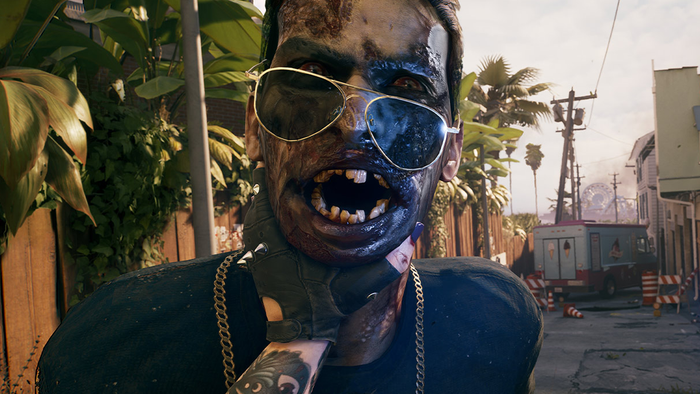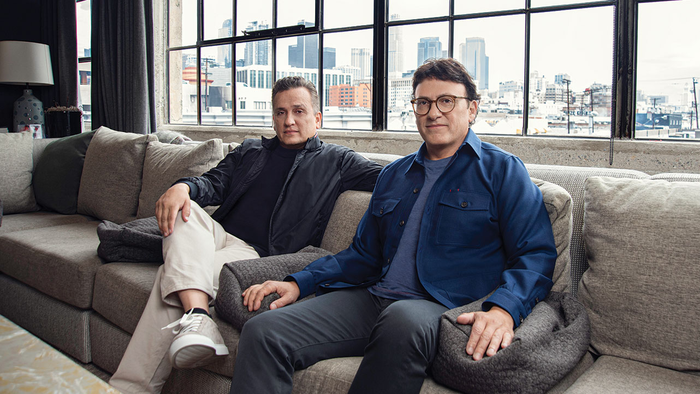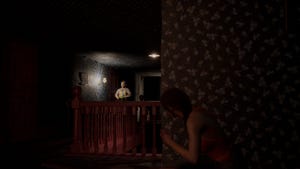Planning your game before you start it
We tend to be super excited when someone propose us to work in an indie team for a new game. But is this project achievable?

Unfortunately, lots and lots of projects are not going to see the light of the day because they were not planned beforehand. For example, I started working on 10 different games and int he end just 2 were published. Obviously time and money has been lost.
So before you start to work on an indie game, ask yourself these questions :
If the project is too ambitious, are you able to finish it?
How long is going to take the process? Make a broad estimation for the project and a narrow it down for each milestone.
Are you are going to work alone or with some friends? Do you need to hire someone at some point? Do you need 6 programmers and one artist for the game? (Trust me I’ve been there and it was horrible)
Make a strong analysis of similar games. Where did they market the game? Who are their core players? What players didn’t like about that game? Did they spent 4 years developing the game? How many people were involved in the process? What engine they’ve used? etc
Plan the budget. How much do you think you have to spend on the development process? You can pay all from your salary? Do you need crowdfunding or an investor?
What is going to be the unique value proposition (UVP) for the game? Take for example No Man’s Sky… What’s the UVP for No Man’s Sky? What’s their selling ticket? “Exploration, Multiplayer, Billions of planets“… excellent. What went wrong? The whole multiplayer thing. It’s an excellent game but they didn’t offer what they’ve promised.
![]()
Remember Journey? Sony expected the game to be completed in a year, but more than three years it finally took. Over the course of development the team grew from seven to eighteen people.
Even if it’s a small game, just make a plan and hold to it even if you are late with what you want to achieve. If you are tight on budget, start to implement the core game mechanics first, because the art is much harder to change. If you decide to modify a concept or some ideas during the development this can kill your budget or have a fight with the artists. Iterate a couple of times through the mechanics before you start to deal with art.
There are thousands of books and courses on project management and planning, however if you don’t know where to start, read Making Things Happen by Scott Berkun.
Read more on Alienpixelstudios.com
Read more about:
BlogsAbout the Author(s)
You May Also Like













